
Investing in IPOs
New Paths to Profit with Initial Public Offerings
Read offline
Recommendation
Investing in IPOs describes the process behind taking a private company public in the United States. The book lists the players in an initial public offering and describes the documents that must be filed with securities regulators. It also offers suggestions about what characteristics lead to successful IPOs, such as a history of profits, a strong management team and a lack of strong competition. Also noteworthy are the advance warning signs which point to losers. These signs include pending lawsuits, low-price stock and recently changed business plans. getAbstract recommends this book with its exhaustive and useful look at the IPO process to investors and to companies pondering an IPO. This clearly written book includes specific examples that use real-world companies to illustrate points.
Summary
About the Author
Tom Taulli is an IPO expert who writes about the stock market for Barron’s, Registered Representative and other publications. He is the founder of WebIPO, an online investment bank and has a Web site at www.taulli.com.









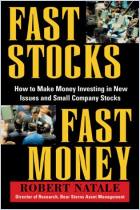

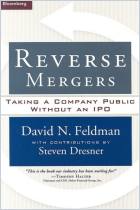
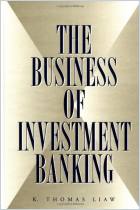
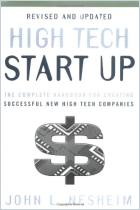
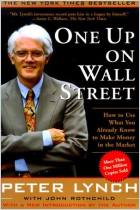









Comment on this summary or Diskussion beginnen